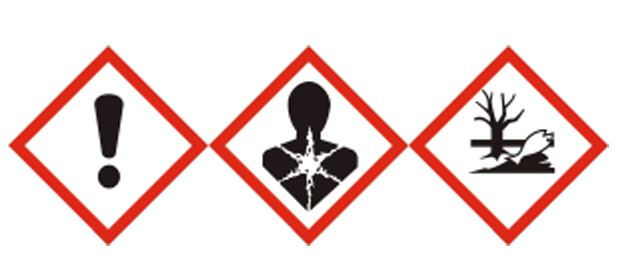Eat and Be Happy?
- Terry Clayton

- May 1, 2021
- 3 min read
Updated: Feb 10, 2023
Sometimes, after a solid meal, I'll push away from the table thinking to myself, "..wow, that was awesome.." I'm satisfied, I feel good....I'm happy.
But I've also had those meals where soon after I ask myself, "uhg...why do I feel like such shit?" So, can some foods make you happy?....Literally? While other meals have the opposite effect.
As a chemist, I think about how chemicals influence how you feel, physically, as well as emotionally.....Cannabinoids, benzodiazepines, alcohol, caffeine, neurotransmitters, endorphins, etc..
No question, there IS a correlation between biochemistry and your mood.
Pop media articles talk about hangovers, lowered neurotransmitter levels, and a temporary depressed state. But I am still looking for a clearly documented mechanism.
Lets say we want to try and influence how we feel by controlling our environment. What chemicals make you happy? Well, serotonin comes to mind.

My sister sent me an interesting Snopes article investigating how serotonin production in the gut accounted for more than 90% of our bodies serotonin level. Wow, that is the last place I would have expected neurotransmitters to be produced. Well...according to Snopes:

Lets take a quick review of serotonin before we look at what's going on here. Serotonin is a neurotransmitter in the central nervous system and brain. It is associated with happiness and its been shown that people with depression have lower levels. (And we now understand its also important in your urge to take a dump!)
One therapeutic approach to treating depression is administration of serotonin reuptake inhibitors (SSRI). Think Prozac. SSRI function by blocking reuptake of serotonin by pre-synaptic nerve endings and therefore increases the amount of serotonin available for brain cells to communicate. One problem with SSRI approach to treating depression is that the brain may suffer from "discontinuation syndrome", whereby the body reduces serotonin levels during drug therapy and after discontinuation. Sounds like a risk addiction to me....
Hmmmm. That is disappointing news. Cocaine has a similar and, arguably, "permanent" negative attribute. Perhaps there are more natural ways to influence happiness?
If high levels of serotonin are produced in the gut, perhaps we can increase serotonin levels by influencing gut fauna and triggering of tissue in the digestive tract by our selection of food? Possible, but when it comes to increasing serotonin levels in the brain, there is a problem, here. 5-hydroxytryptophan (serotonin) will NOT cross the blood brain barrier. The most glamorous role of serotonin outside the brain is regulating your bowel movement. Although serotonin, will not cross the BBB, its precursor, tryptophan, will. And your brain handily converts tryptophan to serotonin.
So, what we can do is eat foods rich in tryptophan. Foods rich in tryptophan include: chicken, eggs, cheese, fish, peanuts, pumpkin, sesame seeds, milk, turkey, tofu, soy, to name a few...... Its also possible to add tryptophan supplements to your diet. Some people will experience side effects and you will want to talk to your doctor first if you are already taking SSRIs.
Boosting your tryptophan levels is a great start but there are also some strategies to maximize available tryptophan to the brain.
Diet - Tryptophan does not compete well with other amino acids trying to cross the blood brain barrier (BBB). However, boosting insulin levels by eating a high carb meal will trigger the release of insulin. Insulin, in turn, will decrease free amino acid blood plasma levels. This decreases competition of tryptophan between other free amino acids to cross the blood brain barrier. The result is more tryptophan available in brain, thus more serotonin biosynthesis.
Exercise - When you exercise there is also a reduction in the amount of free amino acid in blood plasma. Similar to the release of insulin, this results in less competition for tryptophan to cross the blood brain barrier.
These two strategies will naturally boost the amount of tryptophan available in your brain tissue. If an insulin boost is not all that attractive, hit the gym. That is what I'm doing and its been amazing! Inside your brain, all the machinery exists to convert the tryptophan to mood elevating serotonin.

Inside brain, tryptophan hydroxylase adds a hydroxy group to the 5' position of tryptophan. Next, a decarboxylase enzyme cleaves the carboxy group. Voila, you have an uplifting serotonin level in your brain.

We barely scratched the surface on the fascinating topic of gut fauna and well being. But this is something I will be researching and posting on in the future....
Until then, I offer you a turkey and pasta recipe to efficiently make you happy!







Comments